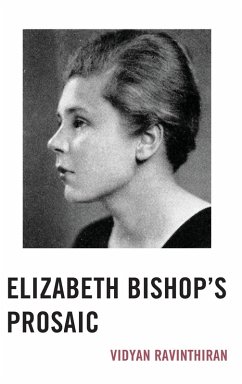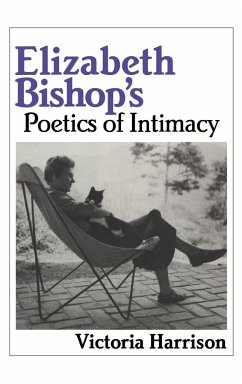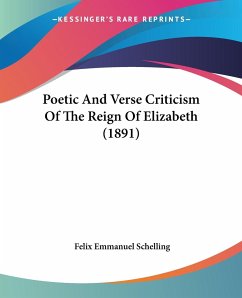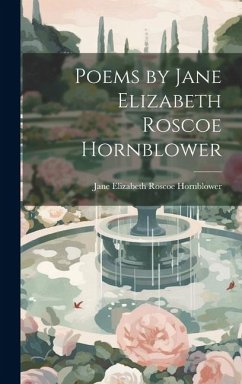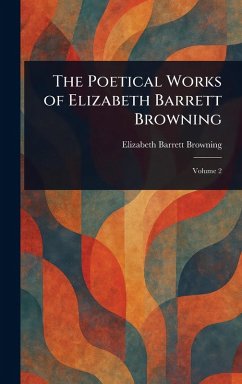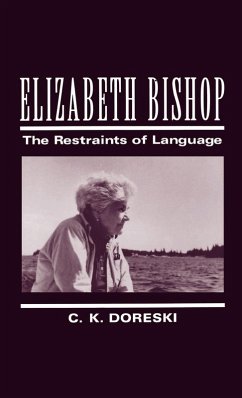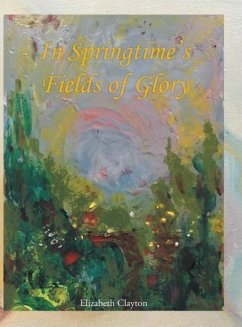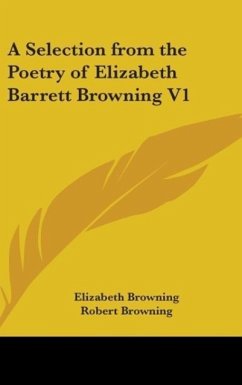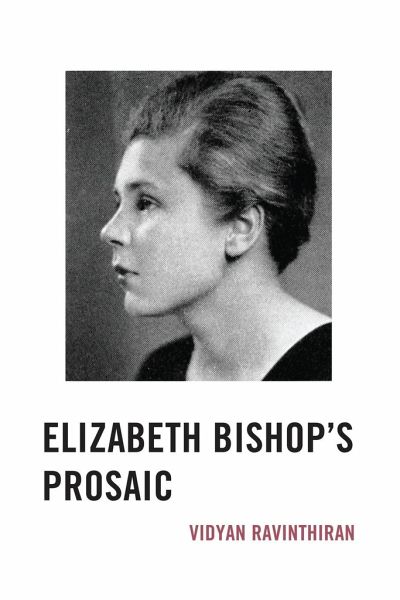
Elizabeth Bishop's Prosaic
Versandkostenfrei!
Versandfertig in 1-2 Wochen
55,99 €
inkl. MwSt.
Weitere Ausgaben:

PAYBACK Punkte
28 °P sammeln!
This book approaches, for the first time, Elizabeth Bishop’s work in multiple genres (her prose-like verse, her literary prose, her prose poems, and her letter prose) as a stylistic whole.





